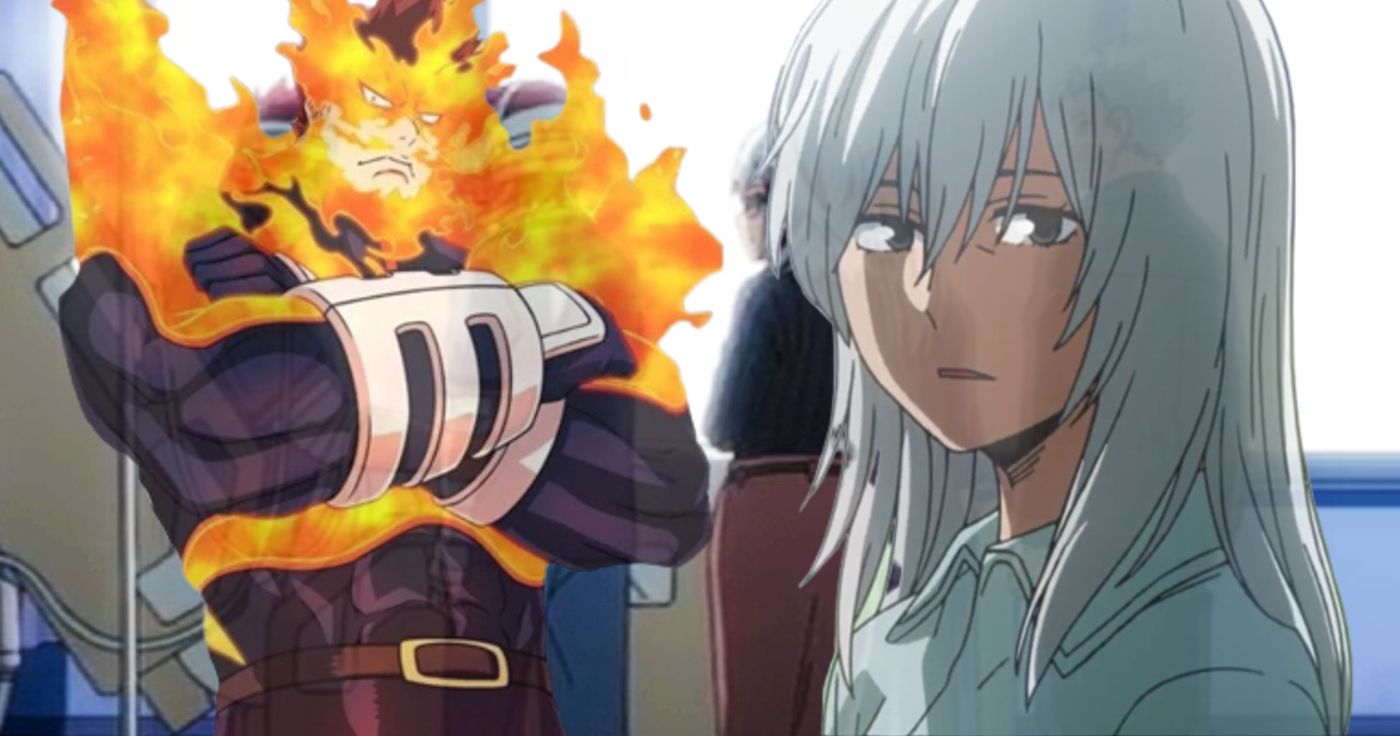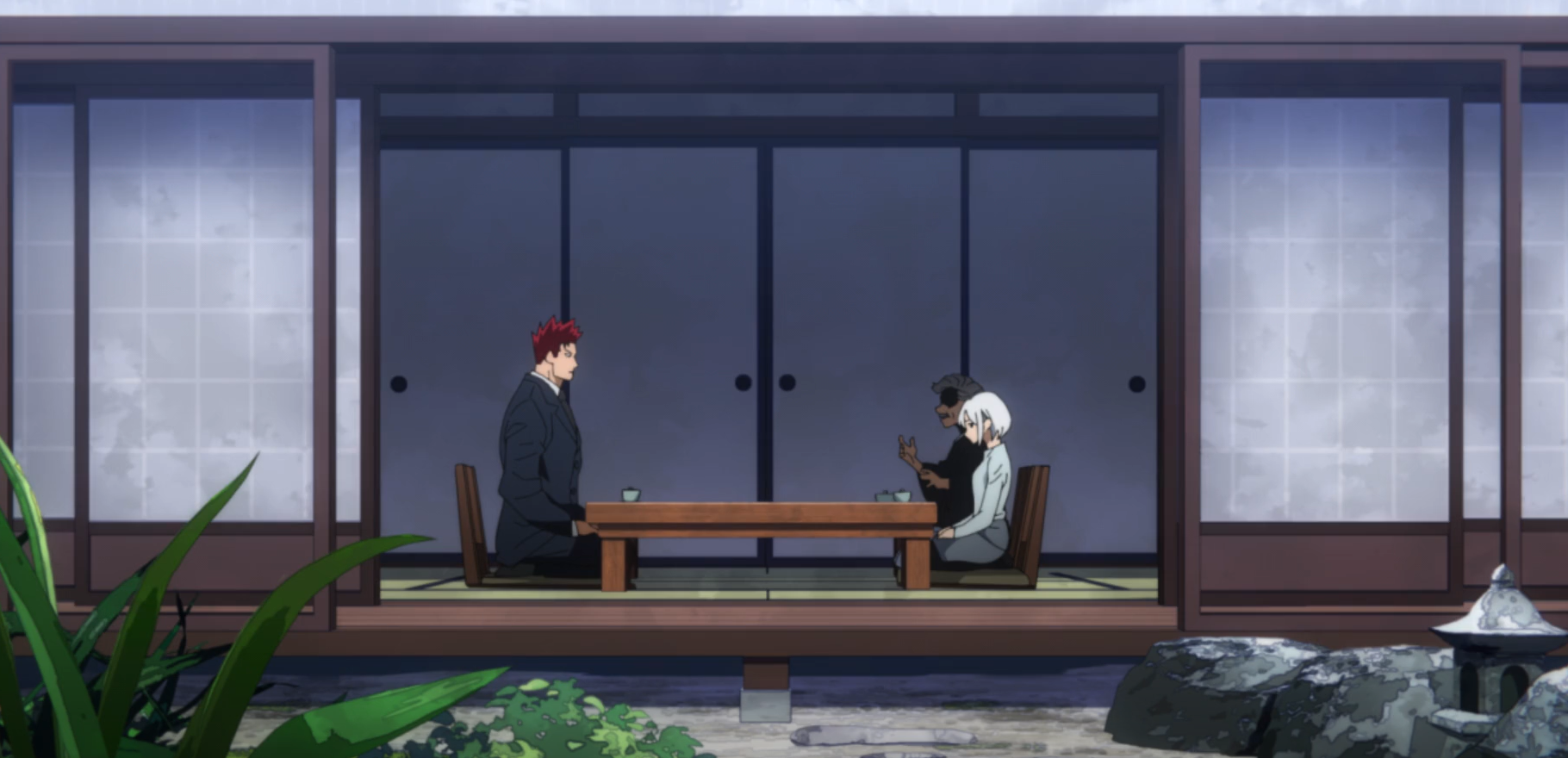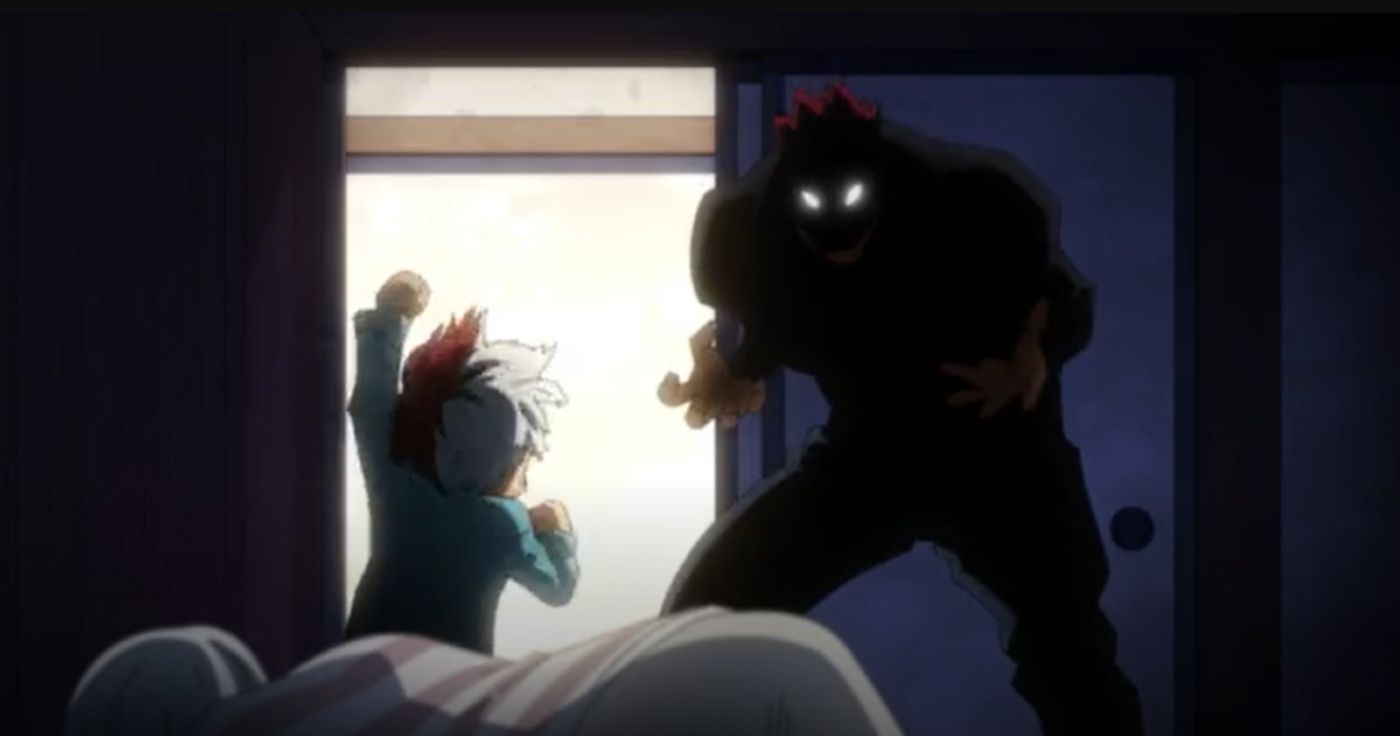The cruel actions of My Hero Academia's Enji Todoroki, also known as the Flame Hero: Endeavor, highlight the controversial Japanese custom of arranged marriages (omiai). Endeavor's desire to conceive a child with a powerful Quirk that could surpass All Might led to an arranged marriage with Rei Himura, setting up the stage for the tragic story of the Todoroki Family.
In My Hero Academia, Endeavor is the powerful Pro Hero who, before All Might's retirement, was obsessed with surpassing him and becoming Japan's n.1 hero. After realizing he could never achieve that, Endeavor decided to entrust his desire to a child conceived through the outdated custom of Quirk Marriage. Enji approached the Himura family, famous for its ice-type Quirks, and asked to marry her daughter Rei, hoping that their child would inherit both her mother's ice powers and his own Quirk Hellflame, and become so powerful that he could surpass All Might. The Himura family was in financial difficulties so they accepted, despite the fact that Quirk Marriages were now shunned by society.
Endeavor's Quirk Marriage Mirrors The Traditional Japanese Custom Of Arranged Marriages
In Japan, omiai (or miai) is an ancient custom of arranged marriage that started in the 16th-century feudal society of samurai, in order to create military and political alliances. In that sense, omiai is very similar to Western practices of arranged marriages. However, omiai was still very common in 20th-century Japan, accounting for 69% of marriages in the 1930s, before being almost completely abandoned after the Second World War. In My Hero Academia, Quirk Marriage is also a practice that is neglected, and outright opposed, by society, but Endeavor takes advantage of the Himuras' situation to make them accept. In episode #130 of My Hero Academia, Rei's family is depicted as very traditional, but they have lost their social status in the contemporary hero society, just like the traditional, noble families who practiced omiai have mostly lost their status in modern-day Japan.
One interesting detail is that omiai is still practiced in Japan, even if with a very different purpose. Nowadays, it is more similar to the Western practice of matchmaking, in which a single woman and a single man are introduced to each other to consider the possibility of marriage. In 2014, the Japanese government set aside 3 billion Yen of funds to support omiai matchmaking as part of its efforts to increase the declining birth rate in Japan. My Hero Academia's author Kohei Horikoshi could have then used the Todoroki family tragic story to highlight a controversial practice that is still present in his country, even if in limited numbers. Rei's family is essentially selling her off to Endeavor, which sets up a chain of tragic events for the family they create. In fact, Endeavor represents a lot of commonly-criticized habits of Japanese society.
Endeavor put an incredible amount of pressure on his children (especially Shoto) to succeed, like Japanese families are known to do. He was also too absorbed and busy with his work, which again is a common criticism moved against Japanese adults. Toya Todoroki's transformation into the villain Dabi could be seen as a young Japanese man who breaks down under the pressure of his family and turns delinquent. Every society has its own customs and habits, and it's important to approach them with an open mind. However, it's clear that the tragic history of Endeavor and the Todoroki family highlights some controversial aspects of Japanese society, which confirms that My Hero Academia is a lot deeper than most other shonen manga.
Season 6 of My Hero Academia is streaming on Crunchyroll.



